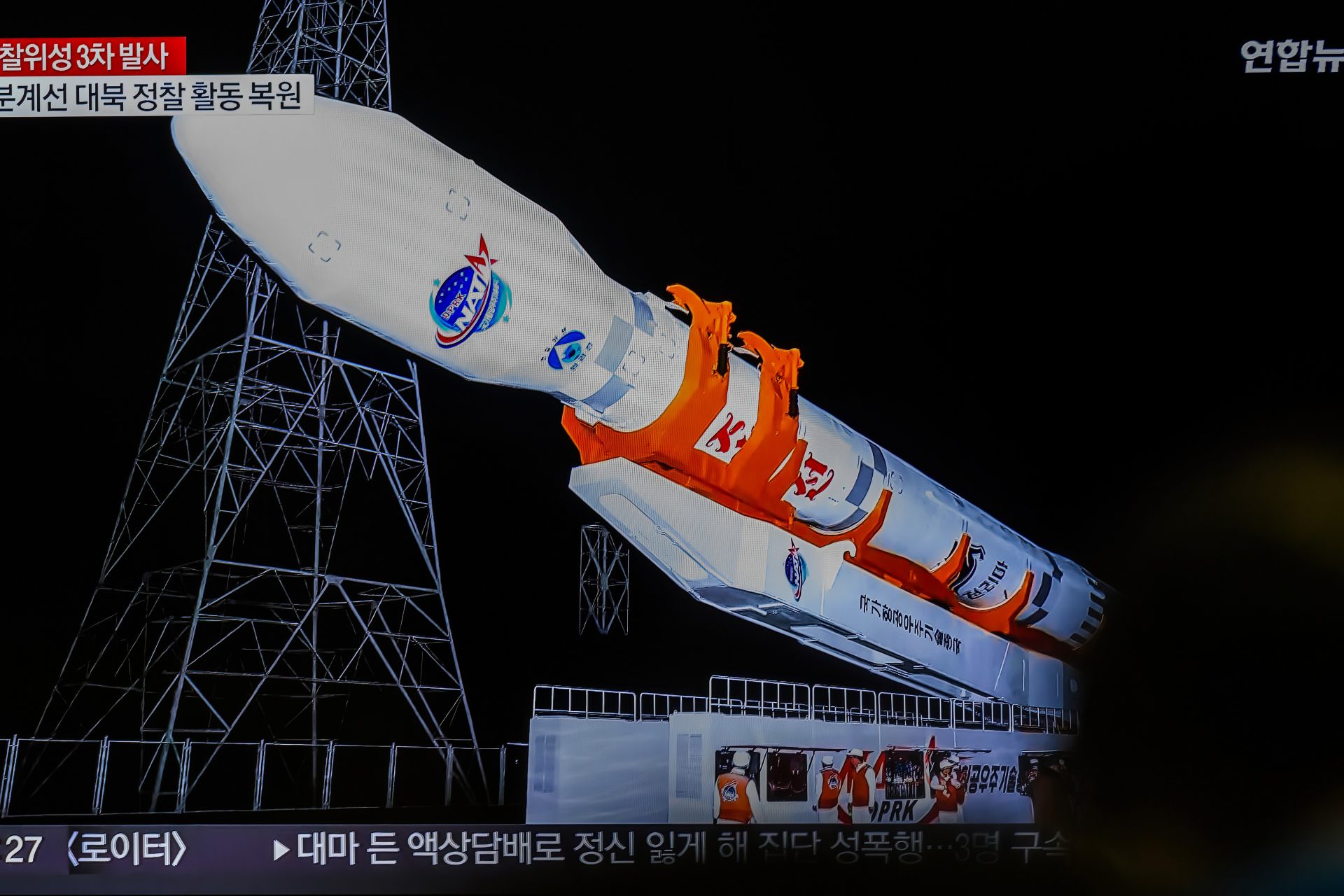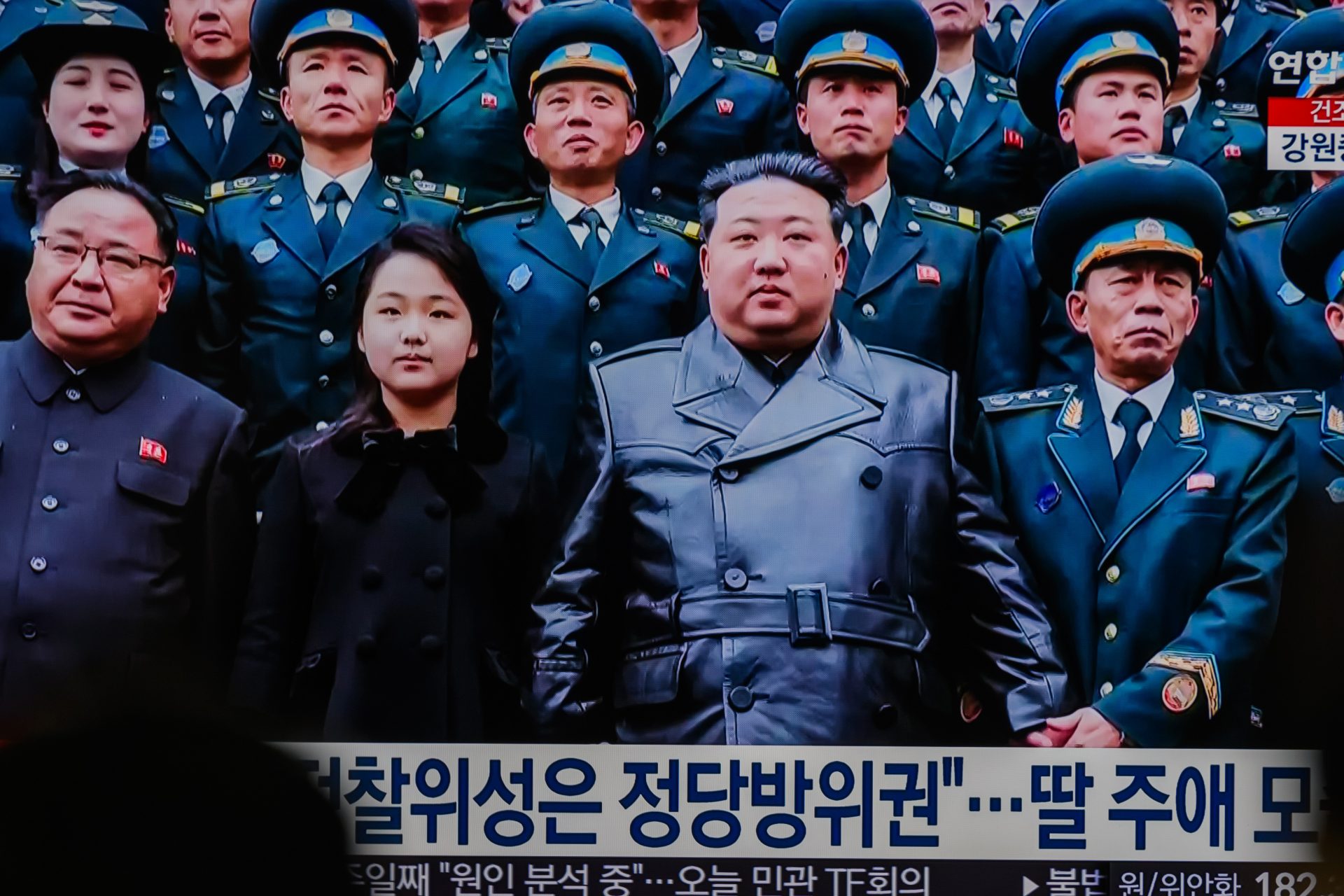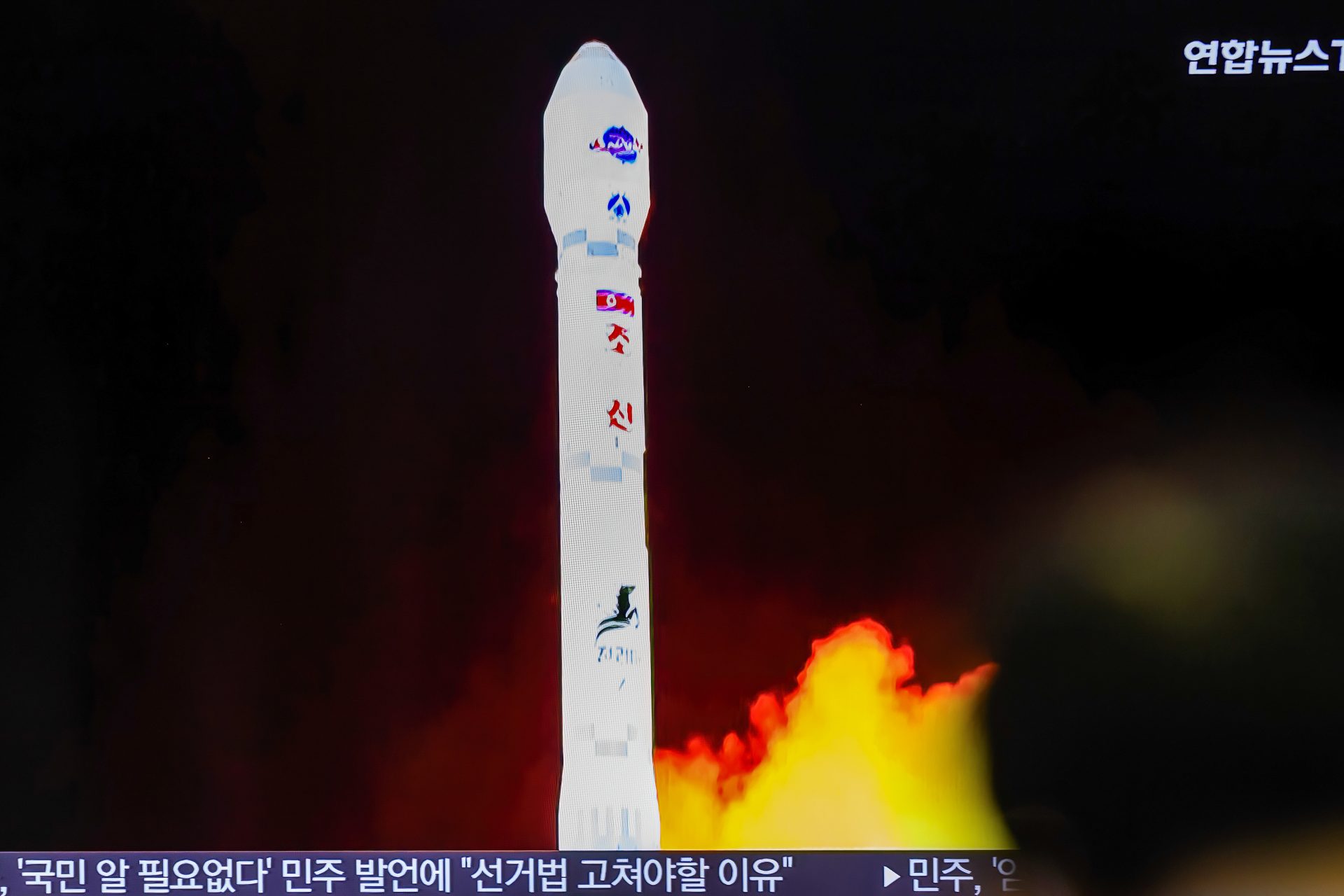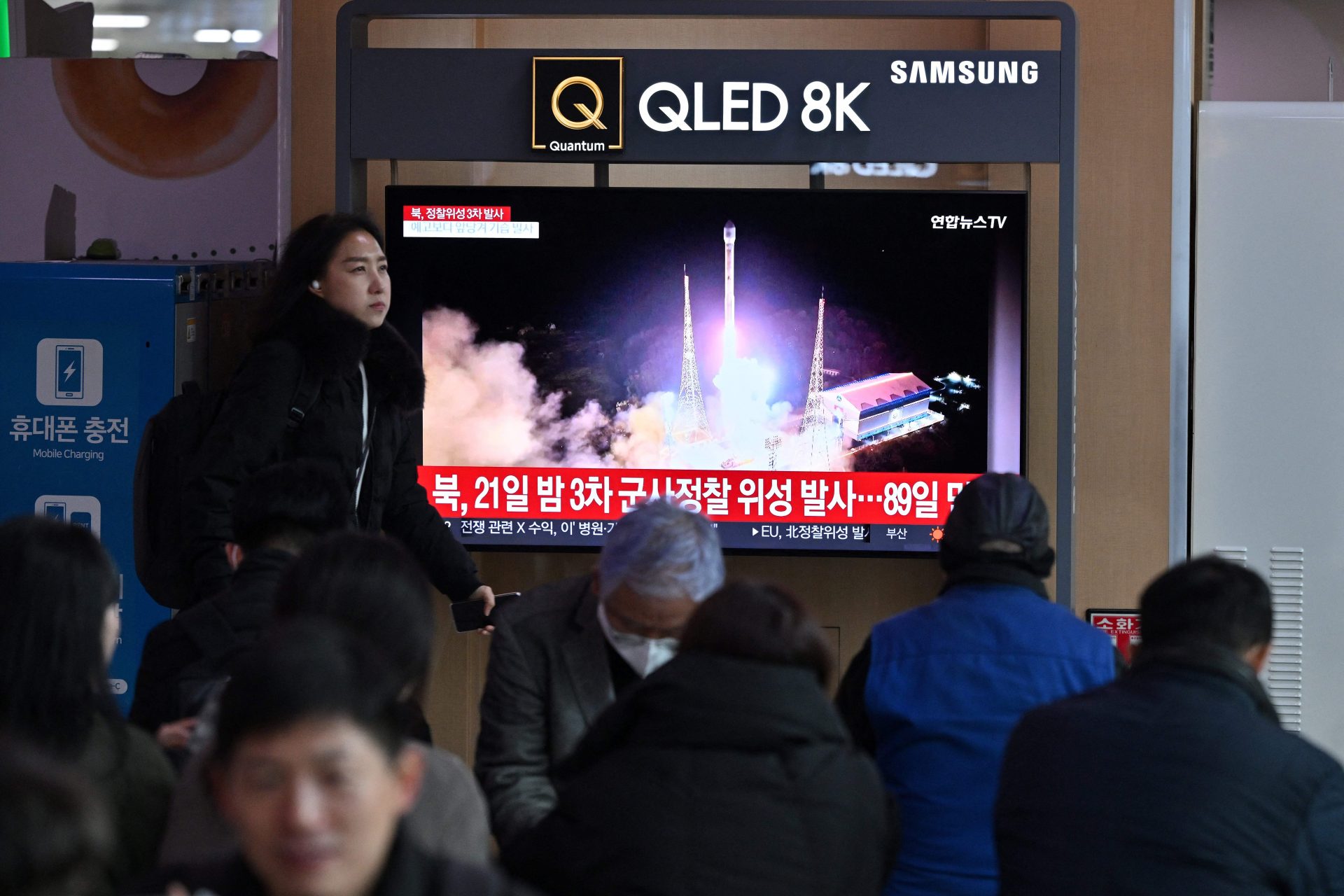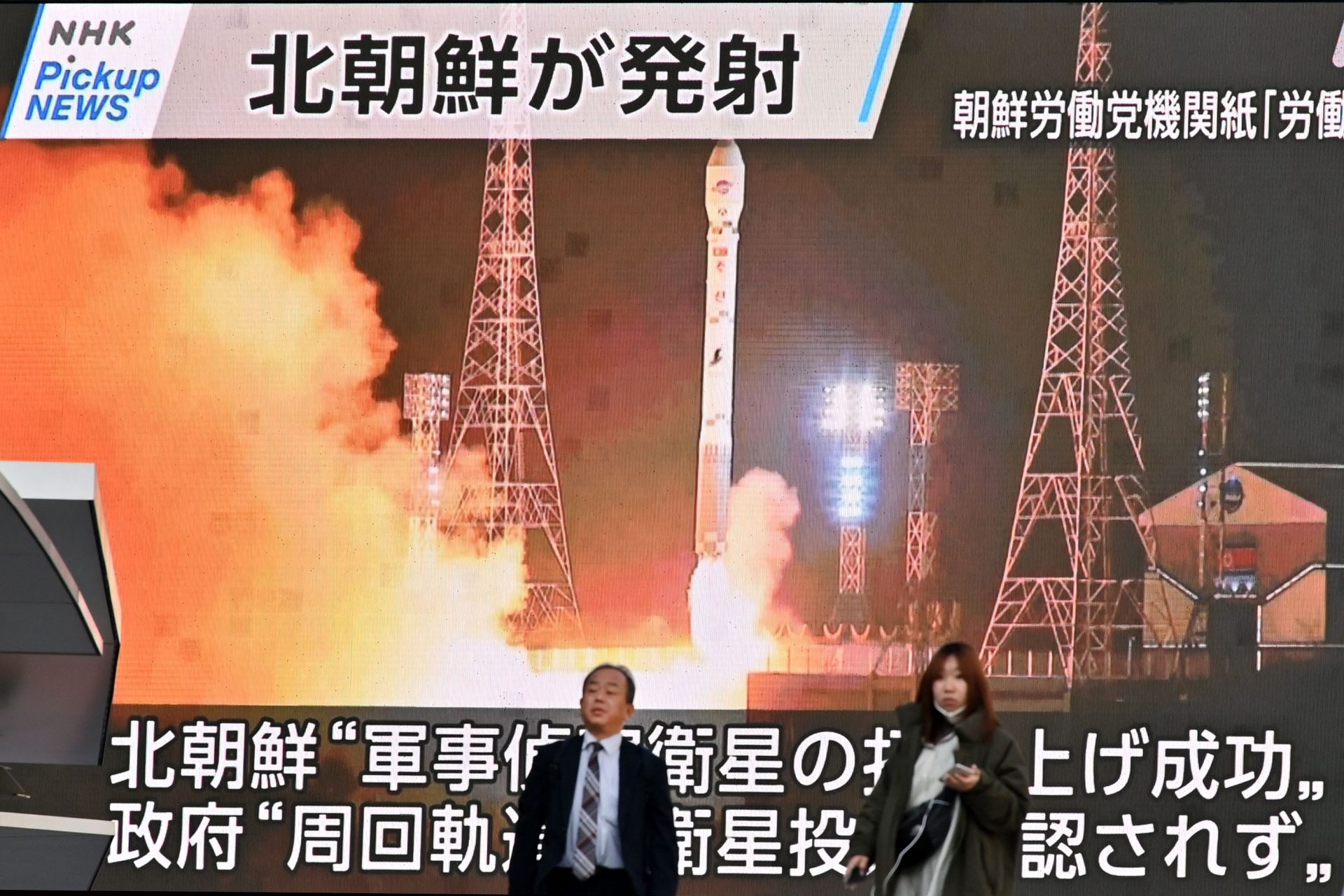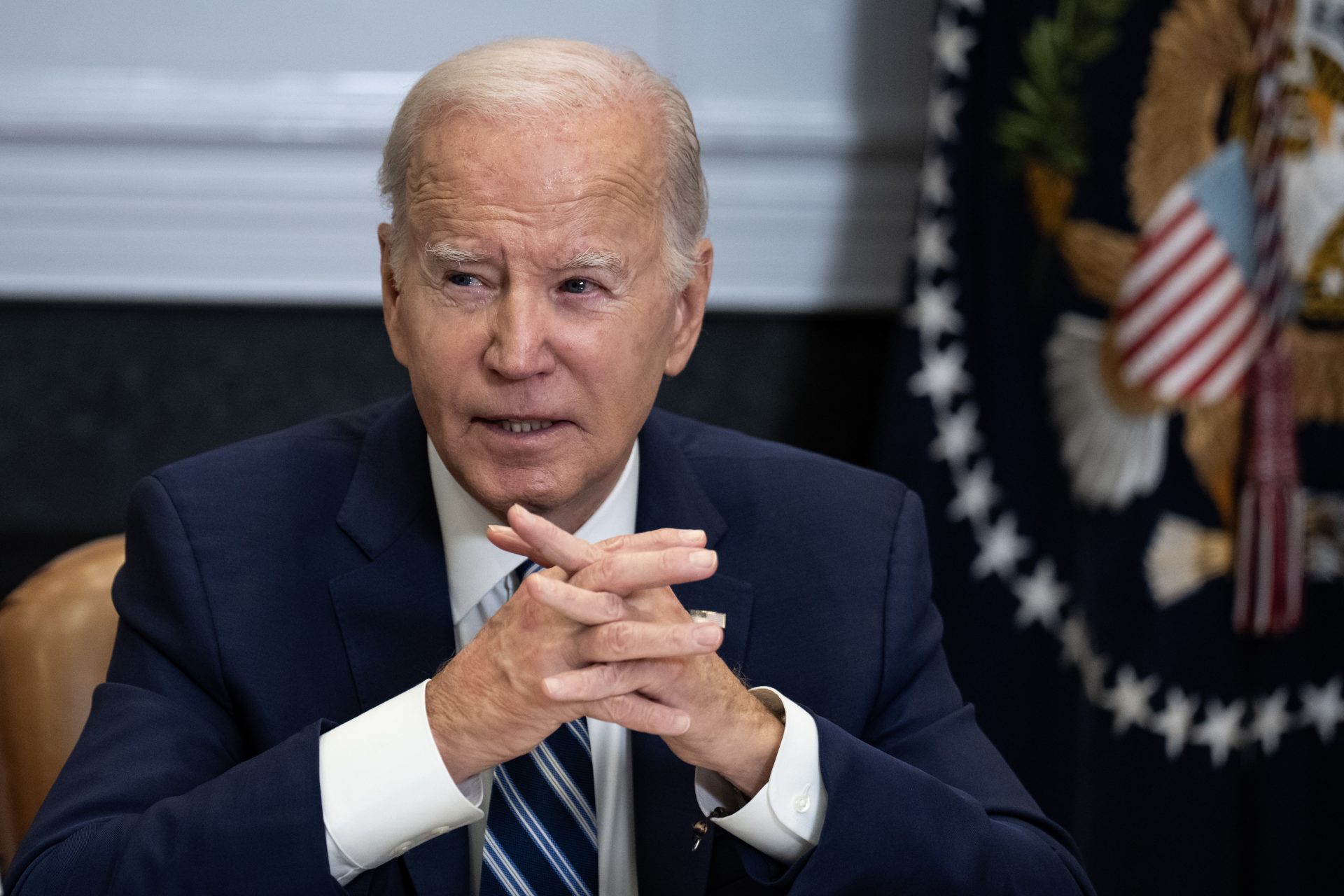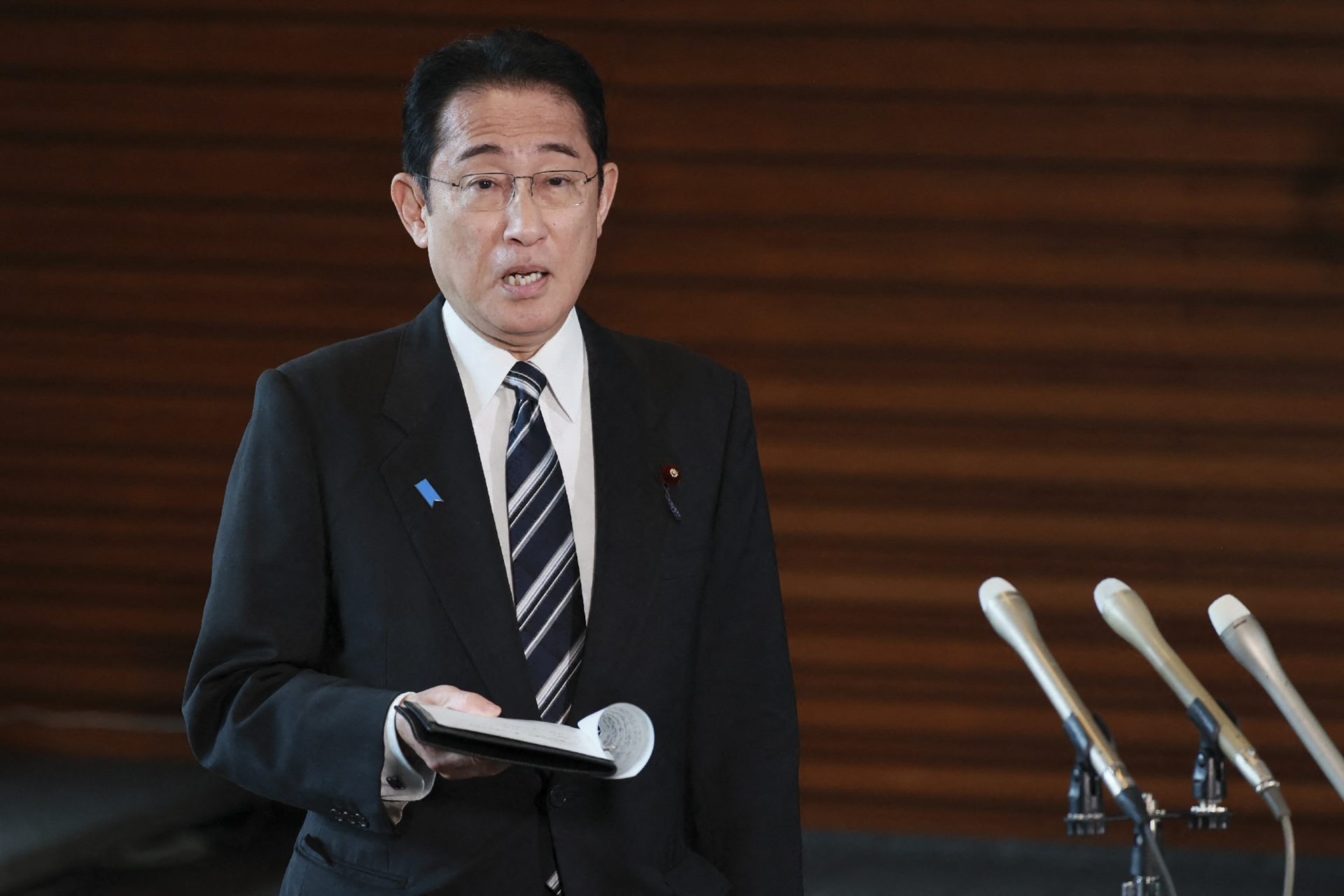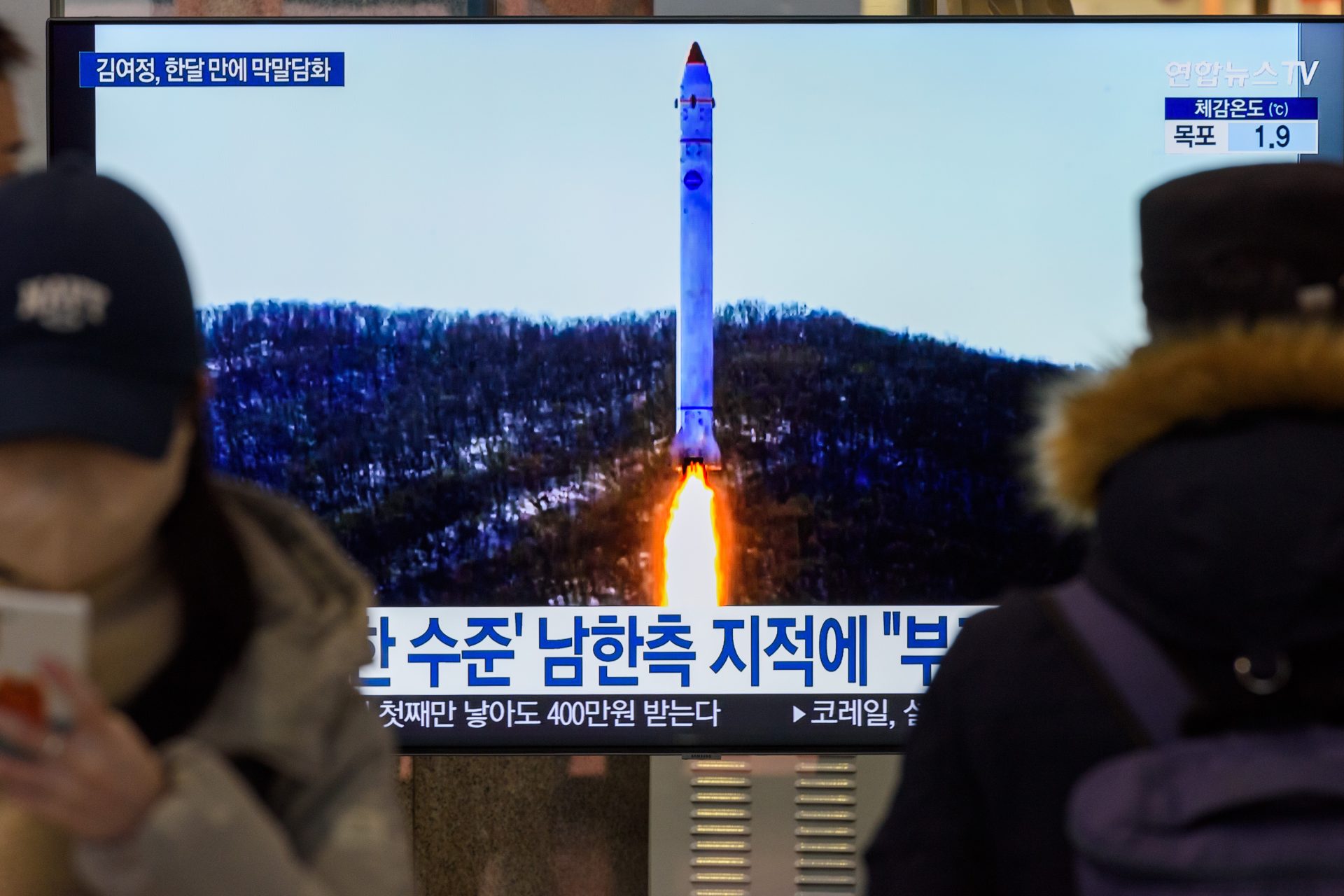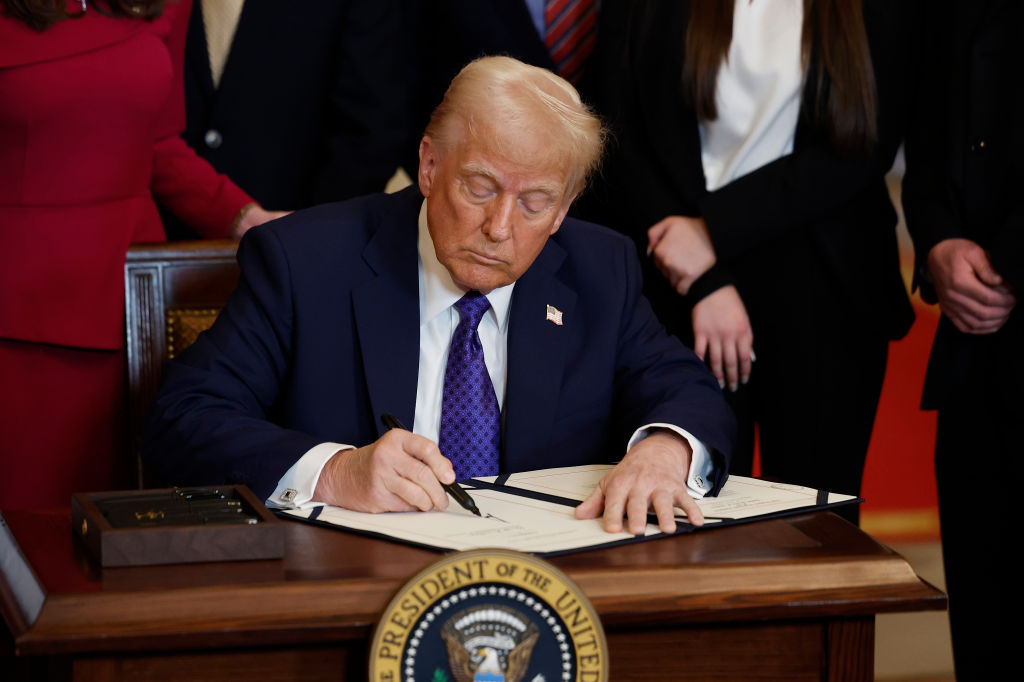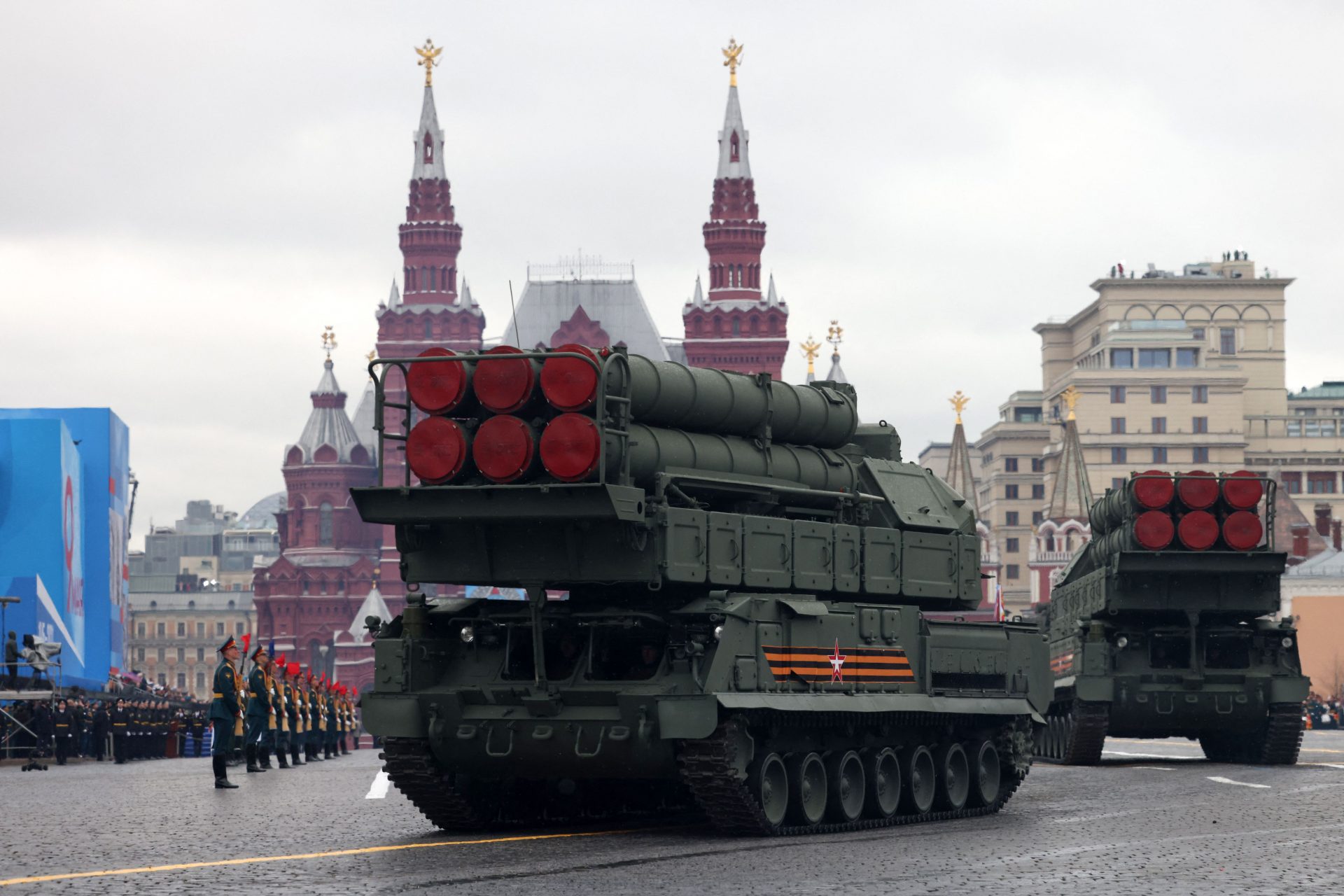North Korea just launched a new spy satellite into space
North Korea has allegedly launched its first spy satellite into space according to reports from the country’s state-run media. But how has the world responded and why was this such an important moment for the totalitarian state?
The National Aerospace Technology Administration, the North Korean version of NASA, announced on November 22nd that the Democratic People’s Republic of Korea (DPRK) sent the country’s first surveillance satellite into space.
North Korea’s new carrier rocket, the Chollima-1, was outfitted with the reconnaissance satellite Malligyong-1 according to the Korean Central News Agency (KCNA), and made its way into orbit shortly after it was launched.
KCNA reported the launch of its reconnaissance satellite into space was a “legitimate” right of the North Korean government for “strengthening its self-defensive capabilities” as it ramped up the country’s war preparedness.
However, neither the United States, South Korea, nor Japan could confirm that the spy satellite made it into orbit according to CNN and each nation condemned the country’s leadership for their spy satellite space launch.
Anger amongst North Korea’s enemies was focused around the use of ballistic missile technology to ferry the country’s spy satellite into space, something they say violated a United Nations Security Council banned Pyongyang from using.
“The United States strongly condemns the DPRK for its launch of a space launch vehicle (SLV) using ballistic missile technology, which is a brazen violation of multiple UN Security Council resolutions,” said U.S. National Security Council spokesperson Adrienne Watson.
Watson added that Pyongyang’s launch raised tensions and risked “destabilizing the security situation in the region and beyond” before adding that the president and his team were monitoring the situation closely.
“We urge all countries to condemn this launch and call on the DPRK to come to the table for serious negotiations. The door has not closed on diplomacy but Pyongyang must immediately cease its provocative actions,” Watson stated.
American sentiment about North Korea’s recent spy satellite launch was matched by its allies in the region. Japanese Prime Minister Fumio Kishida called the launch a “serious threat that affects the safety of the people” according to The Hill.
Prime Minister Kishida previously demanded that North Korea halt its planned satellite launch and explained that Japan was preparing for “unforeseen consequences” with its partners according to The Japan Times.
“Even if the purpose is to launch a satellite, using ballistic missile technology is a violation of a series of United Nations Security Council resolutions,” Kishida told reporters. “This is also a major national security concern.”
South Korean authorities responded to North Korea’s satellite launch by announcing it would suspend parts of the 2018-inter Korean agreement, which was designed to lower military tensions on the peninsula according to a report from Reuters.
On November 23rd, North Korea’s Ministry of Defense escalated tensions further when it said it would deploy more powerful weapons near the border with South Korea and added that Pyongyang would no longer be bound by its 2018 agreement with Seoul.
At present, the situation hasn’t boiled over but tensions are the highest they’ve been in years. Recent North Korean provocations have seen the United States military increase its presence in the region over the last twelve months.
North Korea first tried to put a spy satellite into orbit in May 2023. However, the attempt failed when the rocket carrying the satellite malfunctioned according to CNN. A second attempt occurred in August but was a failure as well.
More for you
Top Stories



